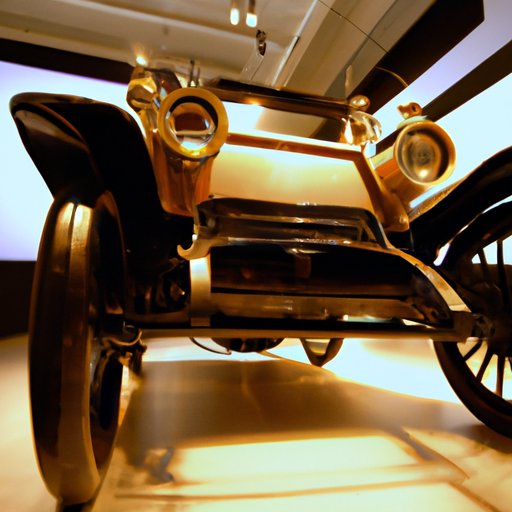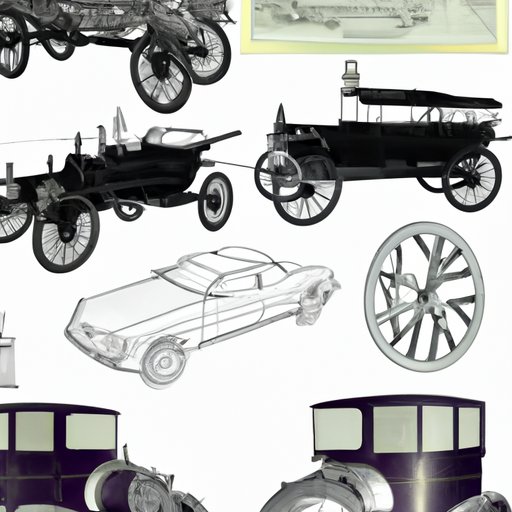
An Overview of the Invention of the Automobile
The automobile is one of the most important inventions of the modern era. It has changed the way people live, work, and travel. But when were cars invented? In this article, we’ll take an in-depth look at the history of the automobile and the pioneers who made it possible.
An automobile, or car, is a four-wheeled vehicle used for transportation. It has an engine, transmission, chassis, and other components. Most cars are powered by gasoline or diesel engines, but there are also electric and hybrid cars.
The history of the automobile dates back to the early 19th century. In 1807, American inventor Oliver Evans built the first self-propelled vehicle, a steam-powered dredging machine. The first true automobile was created in 1885 by German engineer Karl Benz. His invention, known as the Benz Patent Motorwagen, was powered by a single-cylinder gasoline engine.
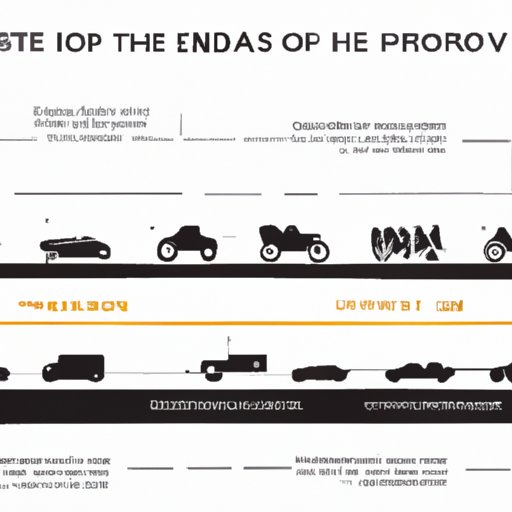
A Timeline of Automobile Innovation
In the late 19th century, several inventors began experimenting with internal combustion engines. In 1886, German engineer Gottlieb Daimler designed the first four-wheeled automobile powered by an internal combustion engine. In 1893, he co-founded Daimler-Motoren-Gesellschaft (DMG), which would go on to become one of the world’s largest automotive companies.
In 1908, American industrialist Henry Ford introduced the assembly line, a revolutionary production method that allowed cars to be produced faster and more efficiently. This led to a boom in the automotive industry, with many new companies entering the market. By the 1920s, cars had become a symbol of wealth and status.
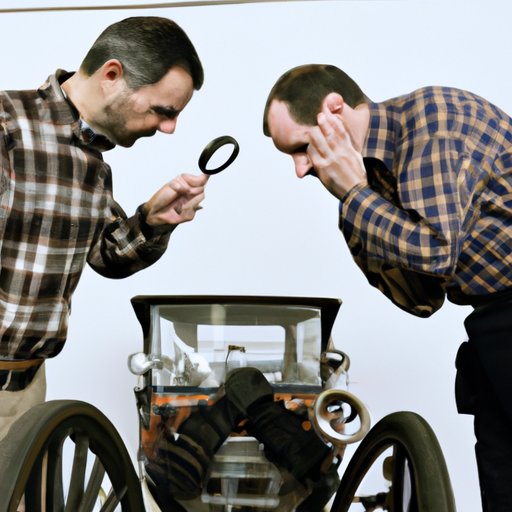
Examining the Pioneers Behind the Invention of the Car
Karl Benz was a German engineer who is considered one of the pioneers of the automobile. He built the world’s first practical motorcar, the Benz Patent Motorwagen, in 1885. The three-wheeled vehicle was powered by a single-cylinder gasoline engine.
Gottlieb Daimler was another German engineer who helped shape the modern automobile. He designed the first four-wheeled automobile powered by an internal combustion engine in 1886. Daimler and his business partner Wilhelm Maybach later co-founded DMG, which went on to become one of the world’s largest automotive companies.
Henry Ford was an American industrialist who revolutionized the automotive industry with his innovative production methods. He developed the assembly line, which allowed cars to be produced faster and more efficiently. Ford’s Model T, introduced in 1908, was one of the first mass-produced cars.
Exploring the Early History of Cars
Early automobiles were powered by steam engines. These cars were bulky and slow, but they paved the way for future innovations. In the late 19th century, electric cars gained popularity due to their clean operation and low cost of maintenance. However, their range was limited and they lacked power.
Gasoline-powered cars soon became the preferred option. Gasoline engines were smaller and lighter than steam engines, and they could produce more power. This allowed cars to travel longer distances and reach higher speeds.
The Evolution of Automobiles Over Time
As the automotive industry grew, cars became increasingly sophisticated. Improvements in safety features, such as seatbelts and airbags, made cars safer. Engine technology also advanced, allowing cars to achieve higher levels of performance. Technological advances, such as fuel injection and turbocharging, further increased performance.
A Look at the Impact of the Automobile
The automobile has had a profound impact on society. On the environmental front, cars have been linked to air pollution, climate change, and other problems. On the economic front, the automotive industry has created millions of jobs and generated billions of dollars in revenue. Socially, cars have changed the way people live, work, and travel.
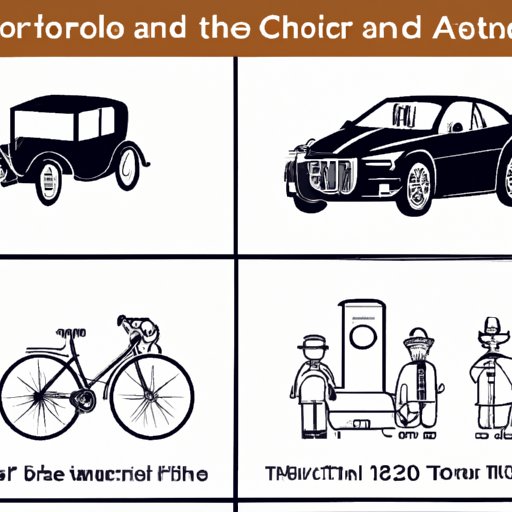
Comparing Automotive Technology Then and Now
Today’s cars are vastly different from the cars of the past. Engine technology has improved significantly, resulting in better fuel efficiency and lower emissions. Autonomous vehicles, such as driverless cars and drones, are also becoming increasingly popular. These vehicles are set to revolutionize the way people travel in the future.
The invention of the automobile has changed the world. From Karl Benz and Gottlieb Daimler to Henry Ford and beyond, the pioneers behind the automobile have left an indelible mark on history. As technology continues to advance, the future of the automobile looks brighter than ever.
Conclusion
The automobile has come a long way since its invention in the 19th century. What started as a simple concept has evolved into one of the most important inventions of the modern era. From Karl Benz and Gottlieb Daimler to Henry Ford and beyond, the pioneers behind the automobile have left an indelible mark on history. As technology continues to advance, the future of the automobile looks brighter than ever.
(Note: Is this article not meeting your expectations? Do you have knowledge or insights to share? Unlock new opportunities and expand your reach by joining our authors team. Click Registration to join us and share your expertise with our readers.)
